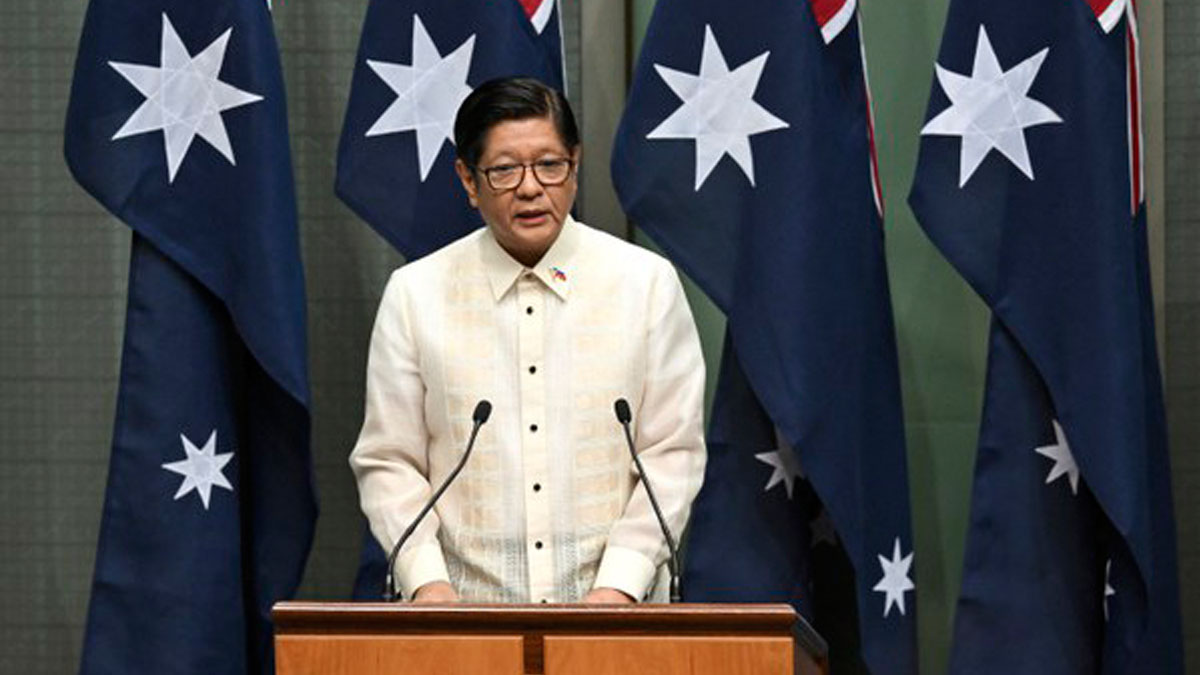
Philippine President Marcos Calls for Reduced Tensions in South China Sea, Condemns China’s Aggression
On October 10, Philippine President Ferdinand Marcos Jr. urged for de-escalation in the South China Sea during a summit with Southeast Asian leaders and Chinese Premier Li Qiang. Marcos condemned China’s harassment and intimidation tactics against Philippine vessels, highlighting ongoing tensions in the disputed waters.
The summit, held in Laos, follows a series of clashes between Beijing and Manila, including confrontations near the Sabina Shoal in August. Located within the Philippines’ exclusive economic zone (EEZ), this area has seen repeated incidents involving China’s coast guard using aggressive measures, such as blasting horns, water cannon attacks, and even ramming Philippine boats. Chinese navy vessels have also reportedly targeted Filipino civilian aircraft and boats with missile-bearing ships.
“It is regrettable that the overall situation in the South China Sea remains tense and unchanged,” Marcos stated at the Association of Southeast Asian Nations (ASEAN) summit. He criticized China’s disregard for international law and urged for “serious management” of differences to reduce tensions.
Marcos’ condemnation follows China’s refusal to accept a 2016 international tribunal ruling, which rejected its broad sovereignty claims over the South China Sea. Beijing has since enacted its own maritime rules, further escalating tensions with countries such as the Philippines, Vietnam, Malaysia, and Brunei, whose exclusive economic zones overlap with China’s contested claims.
The U.S., which has no territorial claims in the region, regularly conducts freedom of navigation patrols to challenge Beijing’s control of the sea. U.S. Secretary of State Antony Blinken, attending the ASEAN summit, is expected to stress the importance of upholding international law in the South China Sea.
Tensions have sparked closer defense ties among Southeast Asian nations. The Philippines and Vietnam, despite their conflicting claims, are moving toward signing a defense cooperation memorandum by the end of 2024.













Comments